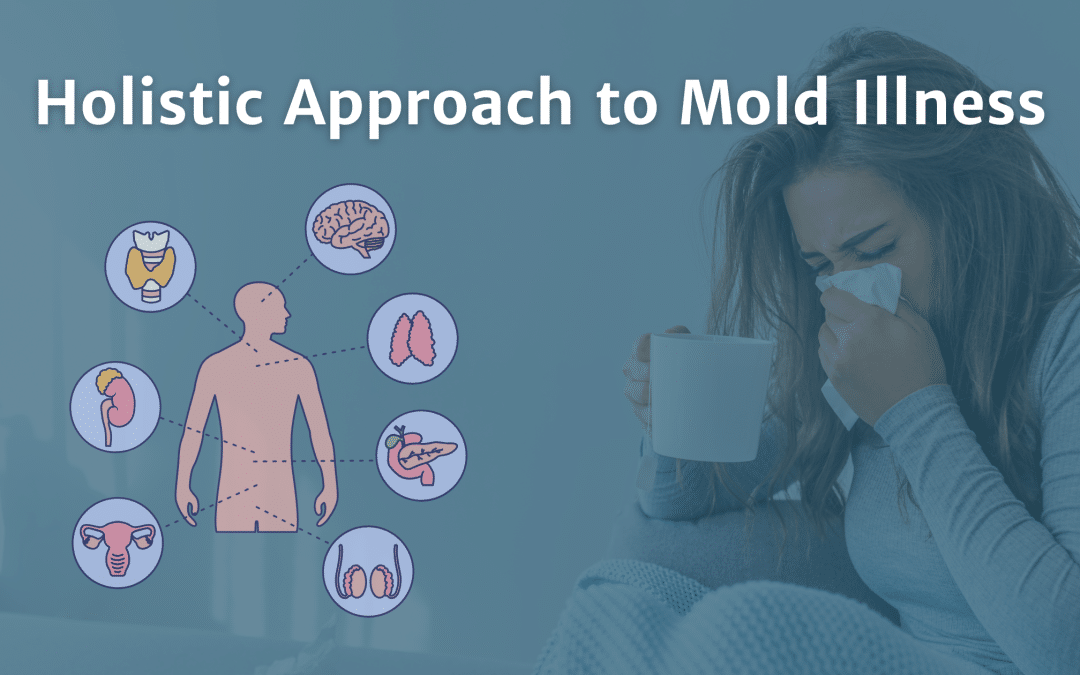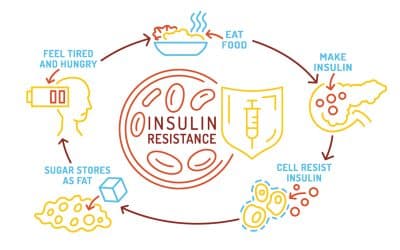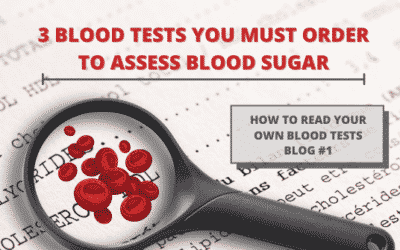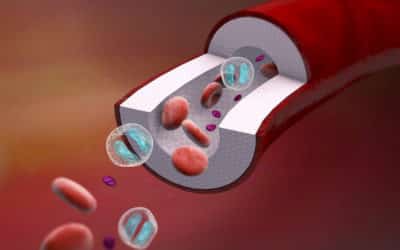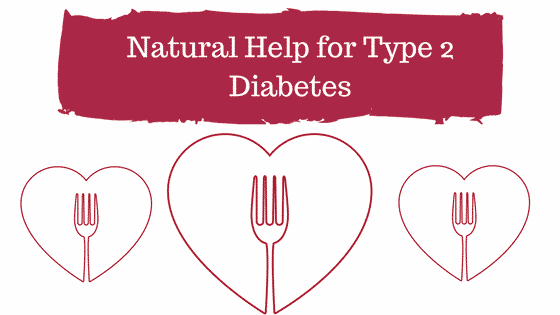Mold Illness: Understanding Exposure, Testing, and Holistic Support
Mold exposure is a growing concern for many people struggling with unexplained symptoms, from fatigue and headaches to digestive issues and brain fog. While not everyone is equally susceptible, mold and mold toxins can contribute to significant health challenges in certain individuals. Taking a holistic approach to mold illness helps uncover how mold affects the body and provides a more complete path to recovery by addressing not only the environment but also the body’s ability to heal.
There are three major considerations where mold or mold-toxin illness is concerned:
1. Assess Your Environment
Typically, you will be aware if you have been exposed to mold.
All buildings have mold if they have previously had a water issue (flooding, roof leaks, plumbing leaks, etc.) Even if the area is now dry, mold will be present, just waiting to grow again when conditions are favorable (unless you have had professional remediation).
Common signs of mold in your environment include:
- A musty odor
- Visible mold growth
- Feeling better when you are away from home
For a simple first step, at-home tests like Immunolytics or The Dust Test can provide insight into the presence of mold. These affordable tests can help you decide if professional remediation is necessary. Companies like Aether Environmental (and others you can search for locally) specialize in in-depth testing and remediation.
The golden rule of toxicology is simple: to recover, you must remove the patient from the toxin, or the toxin from the patient. This is a key step in any holistic approach to mold illness.
2. Lab Testing for Mold
It’s important to know: there is no single, definitive “lab test for mold.” Instead, available tests measure things such as:
- Inflammation markers (not mold-specific)
- Antibodies (which may show past or current exposure but aren’t always clear indicators of illness)
- Mycotoxins (which may come from food sources as well as environmental exposure)
Your clinician’s role is to correlate test results with your history, symptoms, and other data to determine if fungal treatments or immune-supporting approaches are warranted.
If you’ve had mold-related labs done, view them simply as pieces of information, not definitive answers. Most importantly, don’t panic!
3. Therapy for Mold-Related Illness
Conventional and functional medicine approaches often rely heavily on pharmaceuticals. While they can be helpful, these treatments are often:
- Expensive
- Long-term
- Variable in effectiveness
- Hard on the body if foundational health is not supported
There are many differing medical protocols, and each has its supporters. While we don’t recommend or discourage specific medical treatments, we believe there is another way forward.
Here are some resources you can read more about the medical approach: Here, here, and here.
A Holistic Approach to Mold Illness
Instead of addressing mold in isolation, we look at the bigger picture of overall health. Mold is considered a stressor, one factor among many that may challenge the body’s ability to function optimally.
Our holistic approach investigates and supports areas such as:
- Food sensitivities and digestive health
- Blood sugar regulation and metabolic balance
- Immune system stress and inflammation
- Iron balance and anemia
- Thyroid, adrenal, and hormonal health
- Liver, gallbladder, and kidney detox pathways
- Cardiovascular function
- Nutrient status and overall vitality
Our holistic approach to mold, Lyme, or any other chronic immune system stressor is to first test and balance the above factors. Of course, we can test for mold, Lyme, etc., to have the information, but we will always address these within the context of your whole-body health.
By testing and supporting these foundations first, the body becomes more resilient and better able to handle mold or any other chronic stressor.
We don’t do a “one-size fits all”. We seek to understand and address your unique history and biochemical individuality. We then provide a plan of action, consistent follow-up, and individualized attention to YOU.
The great strength of our approach is the muscle-testing technique that we use to communicate with your body. This approach helps us to prioritize what lab testing data is important to act upon. It’s asking what the body needs, instead of telling the body what it needs. This is an important distinction.
Laboratory testing gives information about the individual, but muscle testing guides us in what to do and, sometimes even more importantly, what NOT to do.
It’s hard to be patient when you have severe symptoms and you’re in pain. It’s easy to have patience when you are not suffering. Patience is a virtue and must be exercised either way. The body has its own wisdom. When we honor that, recovery becomes much more effective and sustainable.
You deserve to be educated about the various approaches that are out there. you should also be able to make the health care decision you feel meets your needs the best.
If you have questions about what a natural health improvement program could look like for you, don’t hesitate to schedule a free consultation.
Moving Forward
If you suspect mold exposure may be impacting your health, know that you are not alone, and there are solutions. By combining environmental awareness, careful testing, and a holistic, individualized plan, you can support your body’s ability to recover.
If you’d like to learn more about how our natural health programs address mold and other chronic stressors, we invite you to schedule a free consultation. Together, we’ll explore the right path forward to your unique situation.
If you’re ready to take that next step, schedule a free phone consultation to learn how we help patients uncover and reverse insulin resistance—naturally.
Related Articles
Insulin Resistance Explained: Early Signs, Functional Testing, and Natural Solutions
One of the things we talk about often in our office is a monster of a problem called insulin resistance—and for good reason. It's one of the most common yet overlooked root causes of issues like fatigue, stubborn weight gain, brain fog, hormone imbalances, and more....
The Page Diet: The Most Effective Diet For Overall Health
What is the Healthiest Diet? If you have been a patient of ours, you probably know there are many dietary strategies that can work very well to get you healthier and feeling better. The best diets out there minimize or eliminate processed foods and stress regular...
3 Blood Tests You Must Order To Assess Blood Sugar
Updated October 8th, 2020 Three blood tests you must order to assess blood sugar control properly. (Your doctor is most likely only tracking one, two if you’re lucky—but definitely not three!) If you have been reading my blog for a while, or are a patient of mine, you...
Part 2: How To Lower Blood Pressure And Prevent Heart Disease Without Drugs
Last week, we covered hypertension aka high blood pressure, explained why it’s a problem, and when medications may not be the best treatment approach for many people. Now, let’s take a look at some of the causes of hypertension. Causes of Hypertension 1....
Hypothetical Case Study #1 Obesity and Metabolic Syndrome
Hypothetical Case Study #1: An Approach to Obesity and Metabolic Syndrome By Laura Sheehan I am going to discuss my hypothetical client Marilyn. Marilyn has come to me for nutritional help, with the goal of making dietary modifications to get off her medications. She...
5 Things You Can Do to Improve (or in most cases, reverse!) Diabetes
If you’ve been diagnosed with diabetes, you might be wondering what you can do to help it. Personally, in our office, when we have put a patient with Type II diabetes on a personalized diet and supplementation program, we’ve seen people dramatically reduce their...
11 Ways to Lower Insulin
So by now you’ve probably watched a number of my videos, and/or read my articles, and know that we mainly focus on cutting down refined carbohydrates and sugars in the diet, to cut down the body’s secretion of insulin, to help return your health. You know high...
Dr. Sheehan’s Natural Help for Type 2 Diabetes
Do you, or a loved one either have Type 2 diabetes, or what is called Pre-Diabetes, aka Syndrome X? I have a lot of patients coming in with these two disorders, so before I talk about it, I decided to look into exactly what the American Diabetes Association is saying...

